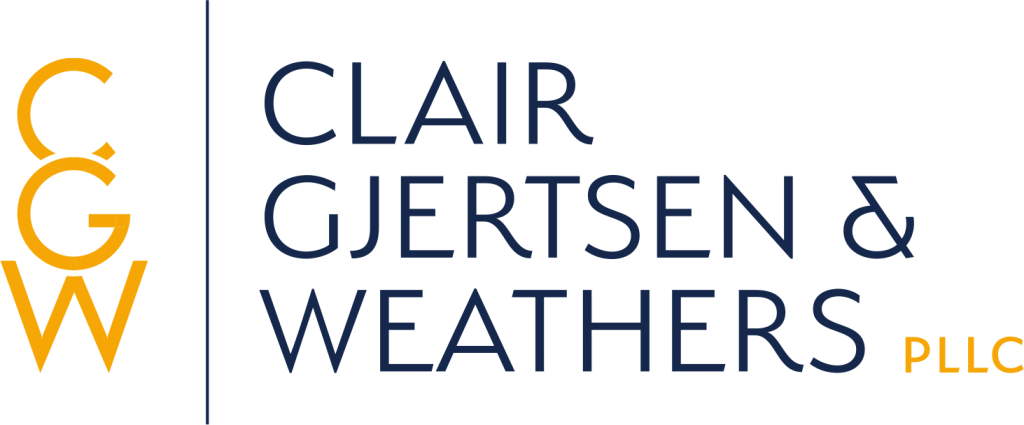How a New York Foreclosure Attorney May Help
Please keep in mind that this list below may be long but is definitely not exhaustive of all of the legal terms and definitions you may come across if you find yourself in a mortgage foreclosure. At CGW we have helped thousands of homeowners for decades navigate the ever-changing foreclosure process. We know the ins and outs of foreclosure defense and base our strategy on your goals and needs.
Foreclosure Terms and Definitions
Acceleration
An option given to lenders through an “acceleration” clause in the mortgage requiring the borrower to pay the entire balance of the loan all at once if their loan is in default.
Affidavit
A sworn statement in writing usually given while under oath or in the presence of a notary.
Appraisal
The process in which a licensed or authorized person gives an estimate of property value.
Appreciation
The difference between the increased value of the property and the original value.
Assignment
The transfer of property to be held in trust or to be used for the benefit of the creditors (lenders).
Bid
The offered amount for a property for sale at auction.
Cash for Keys
A type of settlement offer for borrowers in foreclosure, whereby a borrower will consent to allow the foreclosure action to proceed in exchange for a certain amount of money and definitive time left in the property. At the expiration of the time period, the borrower must vacate and leave the property in broom swept condition, in order to qualify for the agreed upon monetary amount.
Compliance Conferences
Court held conferences between the Lender and borrower, whereby discovery is exchanged. Discovery is the exchange of documents and information.
Deed
A signed document that transfers ownership of property from one party to another.
Deed-in-lieu of Foreclosure
An instance where borrowers voluntarily convey their rights in a property to the lender.
Defendant
Most Defendants in a foreclosure lawsuit are inclusive of the borrower(s), owner(s) and any other judgment creditors or liens on the subject property.
Deficiency Waiver
A judgement against a borrower for the remaining balance of their loan once their home has sold in a foreclosure sale.
Fair Market Value
The price a property would sell for on the open market.
Foreclosure Settlement Conferencing (aka 3408 Conferences)
Mandatory court conferences held pursuant to CPLR 3408, to determine whether the parties can reach a mutually agreeable resolution to help the borrower avoid losing his or her home, and evaluating the potential for a resolution in which payment schedules or amounts may be modified or other workout options may be agreed to, including, but not limited to, a loan modification, short sale, deed in lieu of foreclosure, or any other loss mitigation options; or whatever other purposes the court deems appropriate.
Free & Clear
Ownership of property free of all indebtedness.
Judgement of Foreclosure and Sale
The entry of Judgment of Foreclosure and Sale is the final motion that must be granted in a foreclosure matter before the Lender can proceed to noticing the property for a foreclosure sale.
Judicial Foreclosure
A foreclosure that is processed by a court action. In New York, all residential mortgage loans are subject to judicial foreclosure.
Lien
A charge upon real or personal property for the satisfaction of a debt (i.e., mortgage on a borrower’s property).
Legal Description
A formal description of real property sufficient to locate it by reference to government surveys or approved recorded maps.
Lender
A person who lends money for temporary use on condition of repayment with interest (i.e., the bank, mortgage company, etc.).
Lis Pendens
A recorded notice of pending lawsuit.
Loan Modification
Any change to your existing mortgage.
Motion for Summary Judgment
Pursuant to CPLR 3212, the Motion brought by either Plaintiff or Defendant aims to prove that there are no genuine issues of fact before the Court. For a Plaintiff, it must provide, among other things, copies of the subject mortgage, note and evidence of default.
Mortgage
A written pledge of property that is used as security for the repayment of a loan.
A mortgagee (i.e., lender/bank/lienholder) who is occupying the property to the exclusion of the owner.
Notary
A public officer licensed by the state to attest to and certify the validity of signatures of others. A notary is often referred to as a notary public.
Notice of Sale
A notice giving specific information about the loan in default and the proceedings about to take place. This notice must be recorded with the county where property is located and advertised as stated in the security document or as dictated by state law. In New York, the property must be noticed for four consecutive weeks prior to the sale date.
Plaintiff
The lender (i.e., bank, mortgage company, individual, etc…) who owns the note and mortgage of the subject foreclosure property.
Referee
An attorney in the area who is appointed by the Court to confirm the judgment of foreclosure and sale amount and conduct the foreclosure sale.
A type of settlement before or during the foreclosure, whereby the borrower markets the property for sale. Upon an accepted offer and executed contract of sale, the contract and short sale application are submitted to the Lender for approval. In a short sale, more is owed on the subject property to the lender then the fair market value.
Title
The instrument that is evidence of a person’s right in real property (i.e., a deed).
Attorneys Who Can Help You Defend Your Foreclosure
Please give us a call at 914.472.6202 or contact us online for a free consultation to discuss your particular needs during this difficult time.
